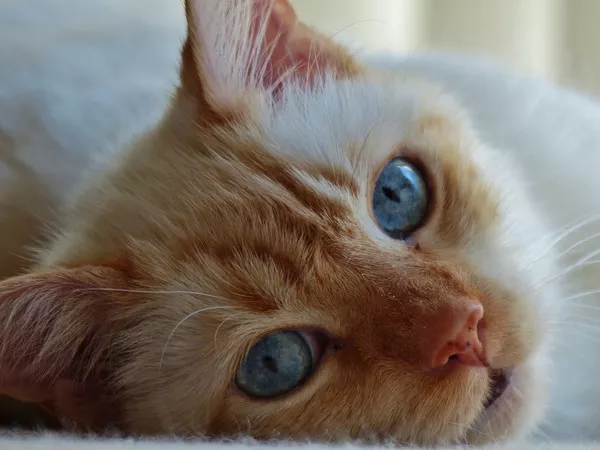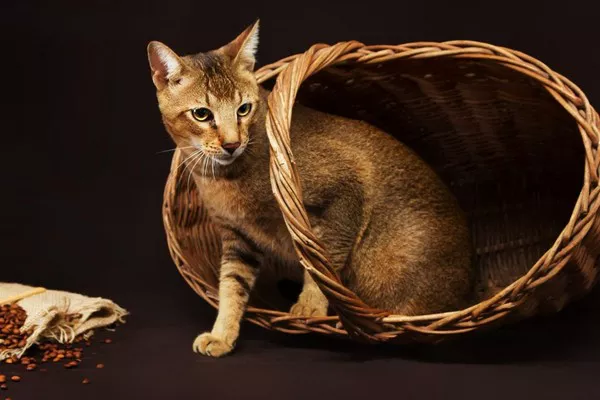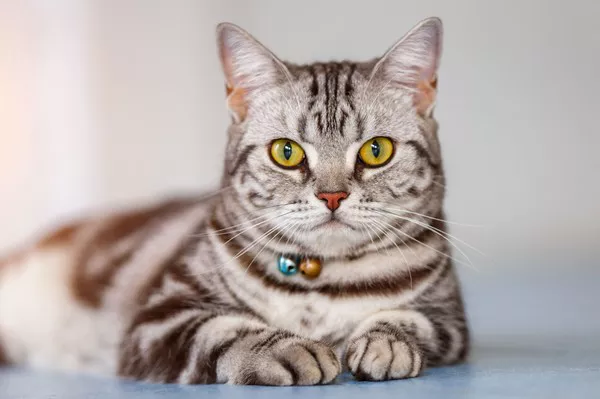Cats are beloved companions known for their discerning palates and unique nutritional requirements. As obligate carnivores, cats thrive on a diet rich in animal-based proteins and fats. However, pet owners often wonder about the safety and suitability of feeding certain human foods to their feline friends. In this article, we delve into the question: can cats safely consume scrambled eggs? We explore the nutritional benefits and potential risks associated with feeding scrambled eggs to cats, providing pet owners with valuable insights into feline nutrition.
Understanding Feline Dietary Requirements
Before delving into the specifics of feeding scrambled eggs to cats, it’s essential to understand the dietary needs of felines:
Obligate Carnivores: Cats are obligate carnivores, meaning they require a diet primarily composed of animal-based proteins and fats to thrive. Unlike omnivores, cats lack the necessary enzymes to efficiently digest and metabolize plant-based foods.
Protein Requirements: Protein is a crucial component of a cat’s diet, providing essential amino acids necessary for muscle development, immune function, and overall health. High-quality animal proteins, such as those found in meat, poultry, and fish, are essential for meeting a cat’s nutritional needs.
Fat Content: Fat is another important nutrient for cats, serving as a concentrated source of energy and essential fatty acids. Healthy fats support skin and coat health, as well as the absorption of fat-soluble vitamins.
Nutritional Benefits of Scrambled Eggs for Cats
Scrambled eggs are a popular breakfast dish enjoyed by many people worldwide. While eggs are not a natural part of a cat’s diet, they can provide certain nutritional benefits when fed in moderation:
High-Quality Protein: Eggs are an excellent source of high-quality protein, containing all the essential amino acids that cats need for optimal health. Protein is essential for muscle maintenance, repair, and growth in felines.
Essential Vitamins and Minerals: Eggs are rich in essential vitamins and minerals, including vitamin A, vitamin D, vitamin E, and B-complex vitamins. These nutrients play vital roles in maintaining overall health, supporting immune function, and promoting proper growth and development.
Omega-3 Fatty Acids: Eggs contain omega-3 fatty acids, such as EPA and DHA, which are beneficial for cats’ skin and coat health, as well as cognitive function. These fatty acids contribute to a glossy coat and may help reduce inflammation and support joint health.
Risks and Considerations
While scrambled eggs can provide certain nutritional benefits to cats, there are important considerations and potential risks to be aware of:
Allergies and Sensitivities: Some cats may have allergies or sensitivities to eggs, resulting in digestive upset, skin irritation, or other adverse reactions. It’s essential to monitor your cat for any signs of allergic reactions or intolerance when introducing eggs into their diet.
Cooking Methods: When feeding scrambled eggs to cats, it’s crucial to avoid adding any seasoning, spices, or additives that may be harmful to felines. Additionally, eggs should be thoroughly cooked to reduce the risk of foodborne illnesses such as salmonella.
Moderation: While eggs can be a nutritious addition to a cat’s diet, they should be fed in moderation as part of a balanced and varied meal plan. Too much egg consumption can lead to imbalances in nutrient intake and potential health issues.
Conclusion: Making Informed Choices for Feline Nutrition
In conclusion, scrambled eggs can be a safe and nutritious treat for cats when fed in moderation and as part of a balanced diet. Rich in high-quality protein, essential vitamins, and minerals, eggs can provide certain nutritional benefits to felines. However, it’s essential to consider potential risks, such as allergies, sensitivities, and proper cooking methods, when incorporating eggs into a cat’s diet. As with any new food introduction, it’s advisable to consult with a veterinarian to ensure that eggs are suitable for your cat and to receive personalized dietary recommendations based on your pet’s individual needs and health status.
By understanding the nutritional benefits and potential risks associated with feeding scrambled eggs to cats, pet owners can make informed choices that support their feline friends’ health and well-being. With proper care and consideration, eggs can be a tasty and nutritious addition to a cat’s diet, providing variety and enjoyment while meeting their unique dietary requirements.
FAQs:
1. Can I give my cat egg and milk?
While cats can consume eggs, they should be cooked thoroughly and offered in moderation. Raw eggs pose a risk of salmonella poisoning, so it’s crucial to cook them fully before feeding them to your cat. As for milk, many cats are lactose intolerant, meaning they lack the enzyme lactase needed to digest lactose, the sugar found in milk. Feeding milk to lactose-intolerant cats can result in gastrointestinal upset, including diarrhea and vomiting. Therefore, it’s generally best to avoid giving cats milk as a treat. If you want to offer your cat eggs, cook them thoroughly and offer them as an occasional treat, but avoid giving your cat milk unless it’s specially formulated for feline consumption and labeled as lactose-free.
2. Are scrambled eggs good for cats upset stomach?
Scrambled eggs can be a gentle and easily digestible option for cats with an upset stomach. Eggs are rich in protein and contain essential amino acids that can help support a cat’s overall health. Additionally, the bland nature of scrambled eggs can be soothing to a cat’s digestive system during times of gastrointestinal upset. However, it’s essential to ensure that the eggs are cooked thoroughly and without added seasonings or ingredients that could irritate the stomach. Offer scrambled eggs in small amounts as a temporary dietary supplement for cats with upset stomachs, but consult with your veterinarian if the symptoms persist or worsen.
3. Can cats eat eggs for breakfast?
Cats can eat eggs for breakfast as an occasional treat, but it’s essential to ensure that the eggs are cooked thoroughly and offered in moderation. Cooked eggs provide cats with essential nutrients such as protein and amino acids, which are important for muscle health and overall well-being. However, it’s crucial to avoid feeding raw eggs to cats, as they can pose a risk of salmonella poisoning. Additionally, be mindful of portion sizes and avoid adding seasonings or ingredients that could be harmful to cats. While eggs can be a nutritious addition to a cat’s diet, they should be offered alongside balanced commercial cat food formulated to meet their specific dietary needs.


























